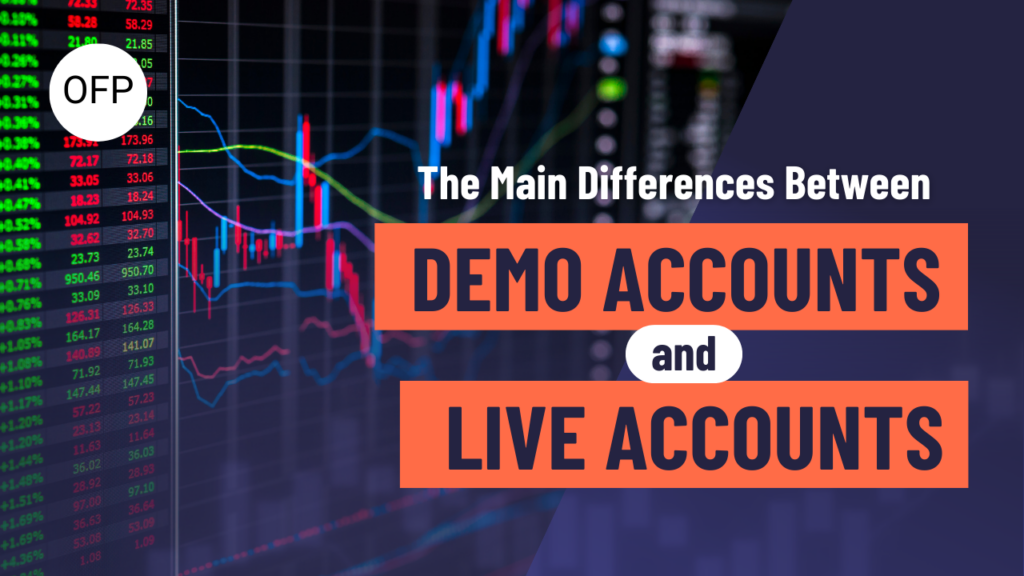Demo trading accounts and live accounts are fundamental for any trading platform. There is no broker without one of these two. Let’s start by explaining what demo trading accounts are. Brokers and prop firms provide demo accounts, which are simulated accounts. They let people practice trading skills using fake money. They are employed by prop firms to test traders’ profitability. On the other hand, we have live accounts. These are real trading accounts where people trade using real money.
Table of Contents
Market Execution
The goal of demo trading accounts is to mimic real market conditions. Demo accounts do not present slippage or liquidity issues. Live accounts, on the other hand, function under real-time market conditions and may offer difficulties in transactions. Traders are directly exposed to the opportunities and problems that come with real-time markets.
Psychological Impact
Demo trading accounts use fake money, so it usually has little psychological impact. Traders can test out various strategies without worrying about losing real money. This lack of emotional attachment, therefore, does not fully represent how traders would perform in real-time. Because real trading involves actual risk, it can evoke strong emotions. Trading results can be impacted by decision-making influenced by fear, greed, or anxiety.
Risk Management
In demo, traders operate with dummy money, shielding them from real financial risk. This condition allows for experimentation without fear of losing money. Live trading involves actual financial risk, as trades are executed with real money. The real trading consequence necessitates careful risk management.
Learning and Developing Skills
Demo is an incredibly useful teaching tool. Traders practice and understand trading strategies. Without risking their money, traders can experiment, and learn from their mistakes. By exposing traders to actual market dynamics , moving to live trading improves the educational process. A greater understanding of risk and psychology is fostered by the experiences that come with managing real money.
Managing Accounts
Compared to live, managing a demo trading account is less complicated because there is no actual risk. Without the fear of suffering a loss, traders can freely experiment with position sizes. Risk reduction needs to be carefully considered when managing live accounts. To safeguard their capital, traders need to create and follow strict trading plans.
Conclusion: Using Demo and Live Accounts Strategically
Trading on both demo and live accounts serves different purposes. Ultimately, strategically utilizing both types of accounts can contribute to better trading. However, Prop firms have different funding options. Some offer real accounts, while others provide demo where trades get copied to the firm’s live account. Traders who want to experiment without risking their capital can join OFP Prop Firm, which offers the best trading accounts.

